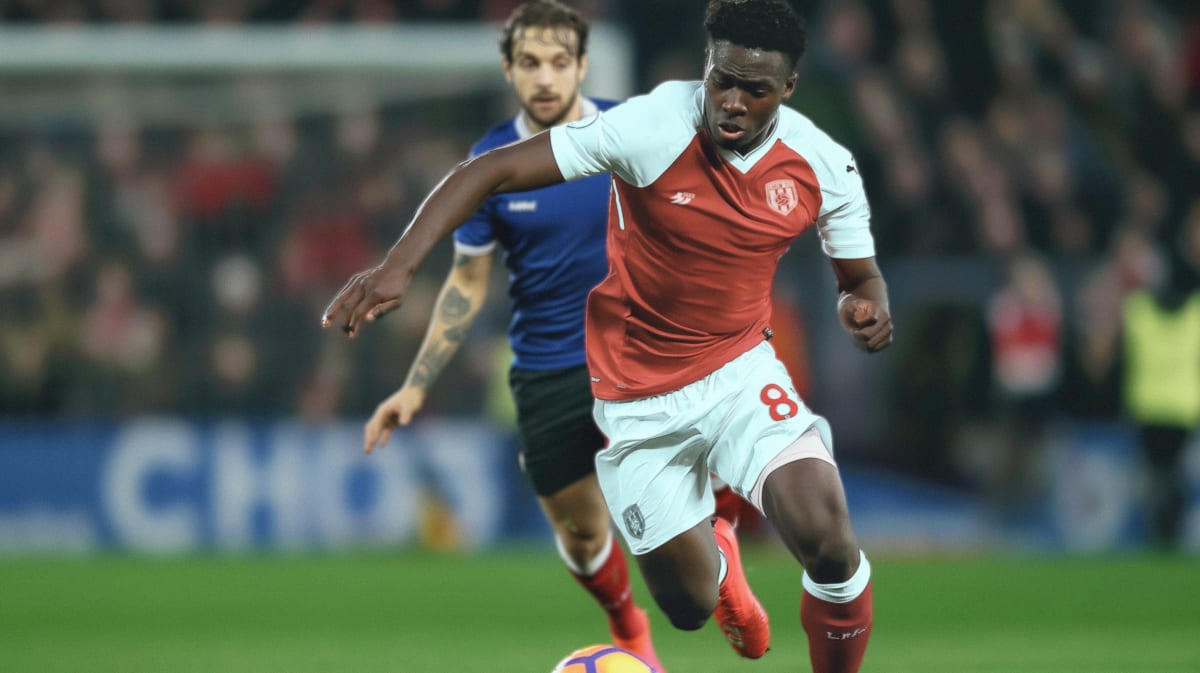
Pool Kids Manchester
Friday, Feb 20, 2026
20:00
, Manchester
Nestled in the heart of Manchester, The Deaf Institute stands as a testament to the city's enduring spirit of live music and independent culture. More than just a venue, it’s a vital artery pumping raw, unfiltered sounds into the Mancunian musical landscape. With its distinctive charm, intimate setting, and unwavering commitment to emerging talent, The Deaf Institute has carved out a unique niche, becoming a beloved sanctuary for artists and fans alike. This is where the next wave of musical pioneers cut their teeth, where established acts revisit their roots, and where every gig feels like a shared discovery.
The Deaf Institute's story begins not with music, but with its very foundations as a place of learning and community. Originally established in 1856 by the Manchester School for the Deaf, the building itself is a piece of Victorian architectural heritage, designed to serve a crucial social purpose. The imposing red-brick facade and grand interior speak to an era of civic pride and philanthropic endeavor. For decades, it was a hub for deaf education, fostering a sense of belonging and providing vital resources for its students. This historical context imbues the space with a unique gravitas, a sense of history that underpins the modern-day artistic expressions that now resonate within its walls. The building's original design, intended for acoustics and communal gathering, has proven remarkably adaptable to the demands of live performance, lending an almost organic quality to the sound that emanates from its stage.
The transformation of The Deaf Institute into a premier music venue is a story woven into Manchester's richer tapestry of counter-culture and artistic rebellion. While specific dates of its musical inception are fluid, its emergence as a significant GMV aligns with the city's explosion of independent music scenes from the late 20th century onwards. It quickly became a crucial stepping stone for countless bands, offering a platform for them to connect with audiences in an unpretentious, electrifying environment. Its unique selling proposition isn't just its rich history, but its unwavering dedication to the intimate and visceral live music experience. Unlike larger, more commercial venues, The Deaf Institute prioritizes a close connection between artist and audience, fostering an atmosphere where the raw energy of a performance can truly captivate. This focus on the raw, unfiltered sound has cemented its reputation as a place where musical integrity reigns supreme, attracting both those seeking genuine artistic expression and those eager to discover it. This commitment to the "gig" as an event, rather than just a product, is what truly sets it apart in Manchester's competitive live music ecosystem.
The Deaf Institute’s role can be best understood when contrasted with two other significant Manchester venues. Take, for instance, the O2 Apollo Manchester. The Apollo, a grander, more established theatre, caters to larger touring acts and established mainstream artists, offering a more polished, seated experience. In contrast, The Deaf Institute thrives on its intimacy and its focus on emerging and independent artists, fostering a raw, standing-room-only atmosphere that feels far more immediate. Then there’s Band on the Wall. Band on the Wall, with its legendary status and diverse programming spanning jazz, world music, and funk, also champions live performance, but often with a different historical lineage and sonic palette. The Deaf Institute, while diverse in its bookings, has a particular strength in showcasing the indie, rock, and electronic circuits, acting as a more direct incubator for the sounds that define contemporary underground music. This tripartite comparison highlights The Deaf Institute’s vital position: a bridge between raw discovery and established talent, a curator of the city's most exciting new sounds.
The Deaf Institute’s intimate setting and dedication to diverse, often cutting-edge, bookings have made it a launchpad and regular haunt for a remarkable array of talent. While definitive lists are elusive and often debated by dedicated fans, its stage has witnessed performances that have become the stuff of local legend.
These are just a handful of the countless memorable nights that have unfolded within these hallowed walls, each contributing to the ongoing narrative of The Deaf Institute as a cornerstone of Manchester’s vibrant live music scene.
The nearest major train station is Manchester Piccadilly, which is approximately a 15-20 minute walk away. Manchester Victoria and Manchester Oxford Road stations are also within a similar walking distance. From Piccadilly, head west towards the city centre and follow signs for Oxford Street.
Numerous bus routes serve the city centre, with many stopping close to Oxford Street. Popular routes include those running along Oxford Road itself. Check local bus timetables for the most convenient services from your location.
On-street parking in the immediate vicinity can be limited and is often metered. However, several multi-storey car parks are within a short walking distance:
Please be aware of city centre parking charges, which can vary.
The Deaf Institute is committed to providing an accessible experience for all patrons.
To ensure a smooth and enjoyable experience, please familiarise yourself with the following venue policies:
The Deaf Institute has a capacity of approximately 250-300 people for standing gigs, providing an intimate setting for live music.
You can reach The Deaf Institute by numerous bus routes that stop near Oxford Street in the city centre. The nearest major train stations are Manchester Piccadilly, Victoria, and Oxford Road, all within a 15-20 minute walk.
Yes, The Deaf Institute offers step-free access at the main entrance, a largely flat performance space, and accessible toilet facilities on the ground floor. Staff are available to assist patrons.
Door opening times vary for each event. Please check your ticket or the venue's specific event listing for the most accurate information.
Several multi-storey car parks are within a short walk, including City Car Parks Ltd - Oxford Street Car Park, Q-Park First Street, and St James's Car Park. On-street parking is limited.
Location
, Manchester

Friday, Feb 20, 2026
20:00
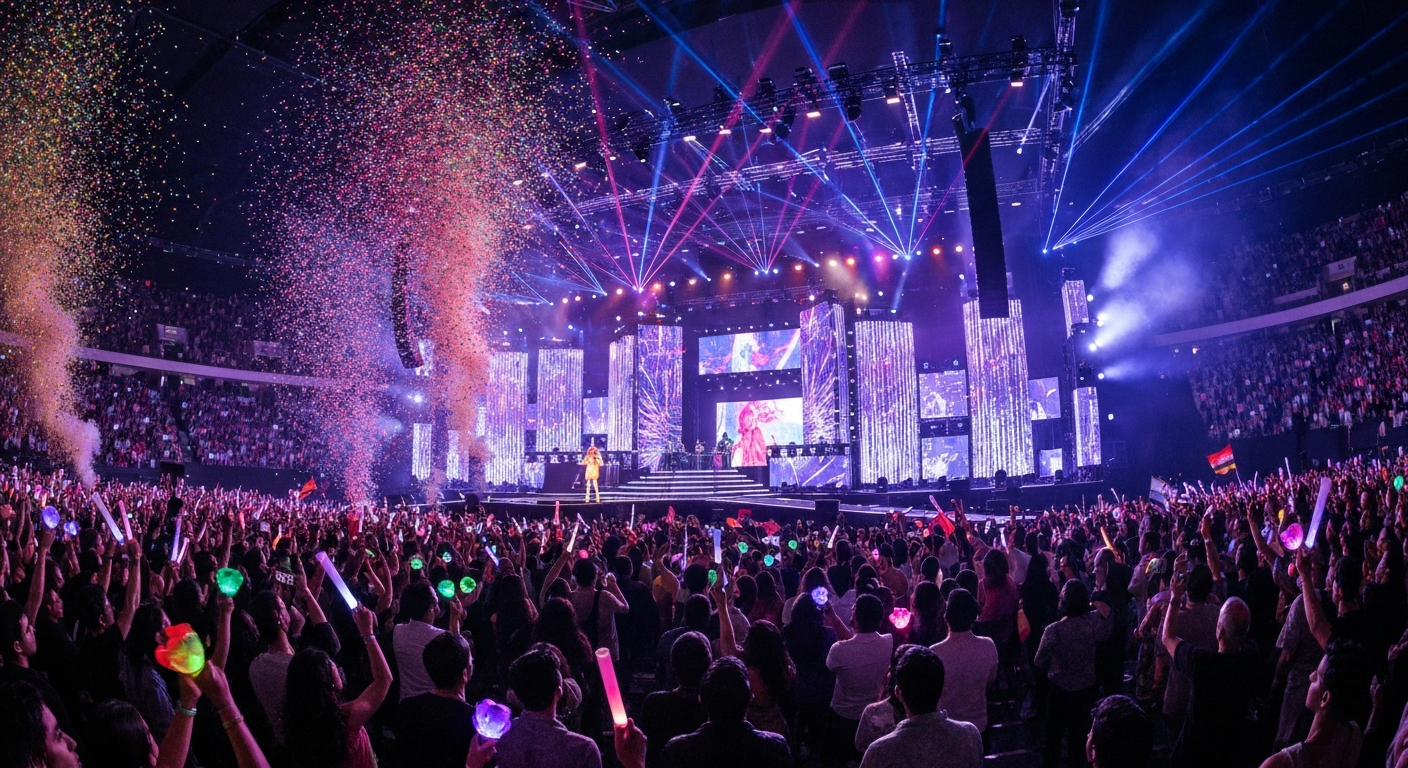
Wednesday, Mar 4, 2026
20:00
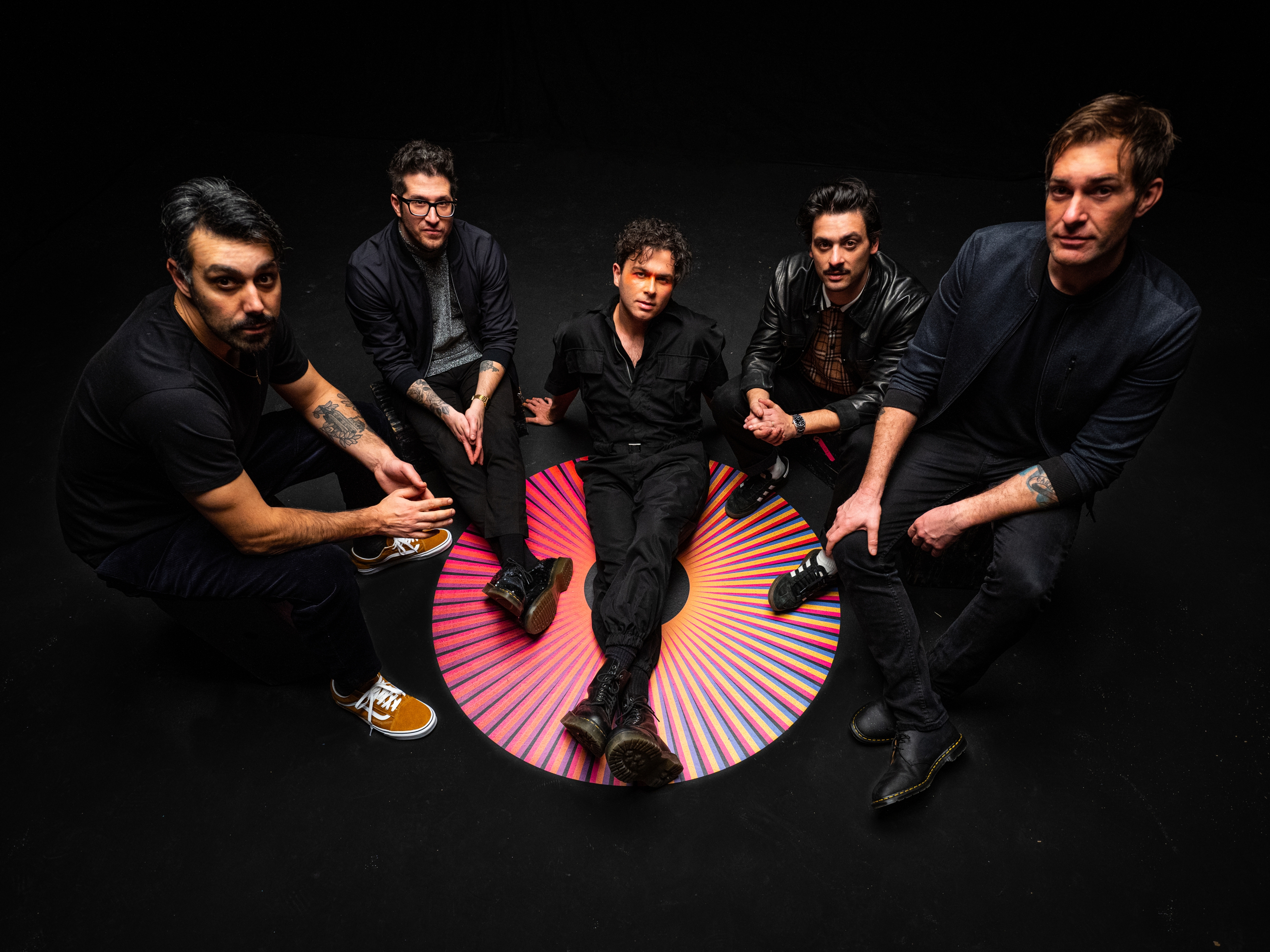
Thursday, Mar 19, 2026
20:00
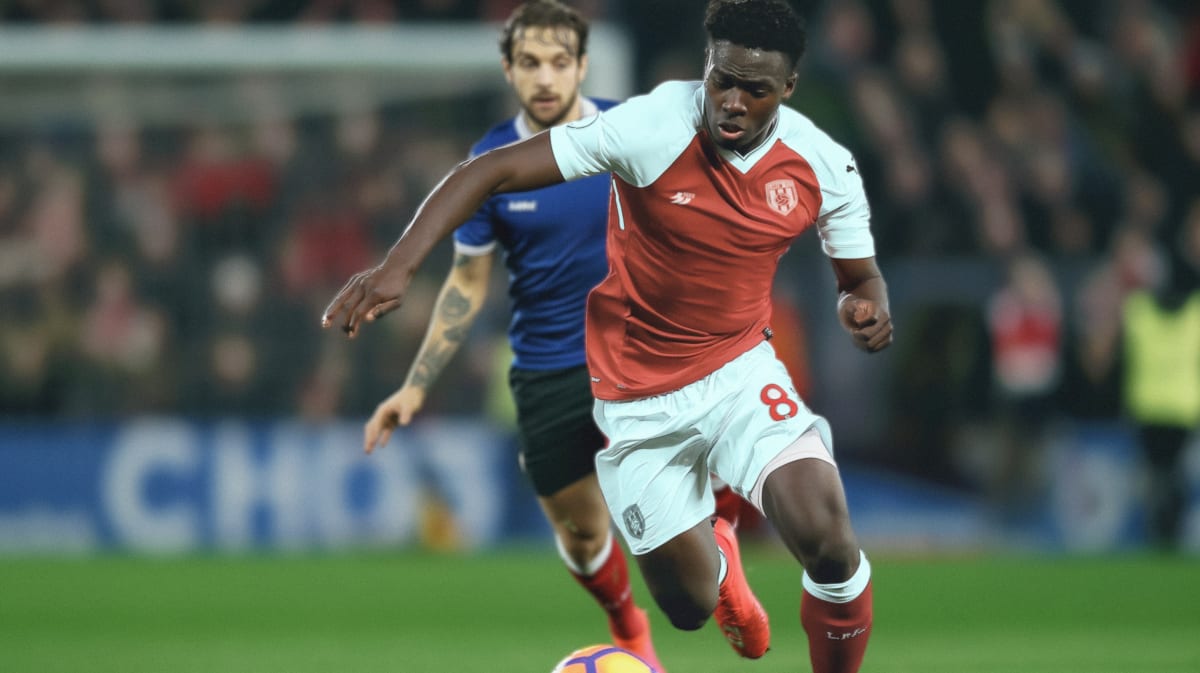
Saturday, May 16, 2026
20:00

Saturday, May 16, 2026
20:00

Saturday, May 16, 2026
20:00
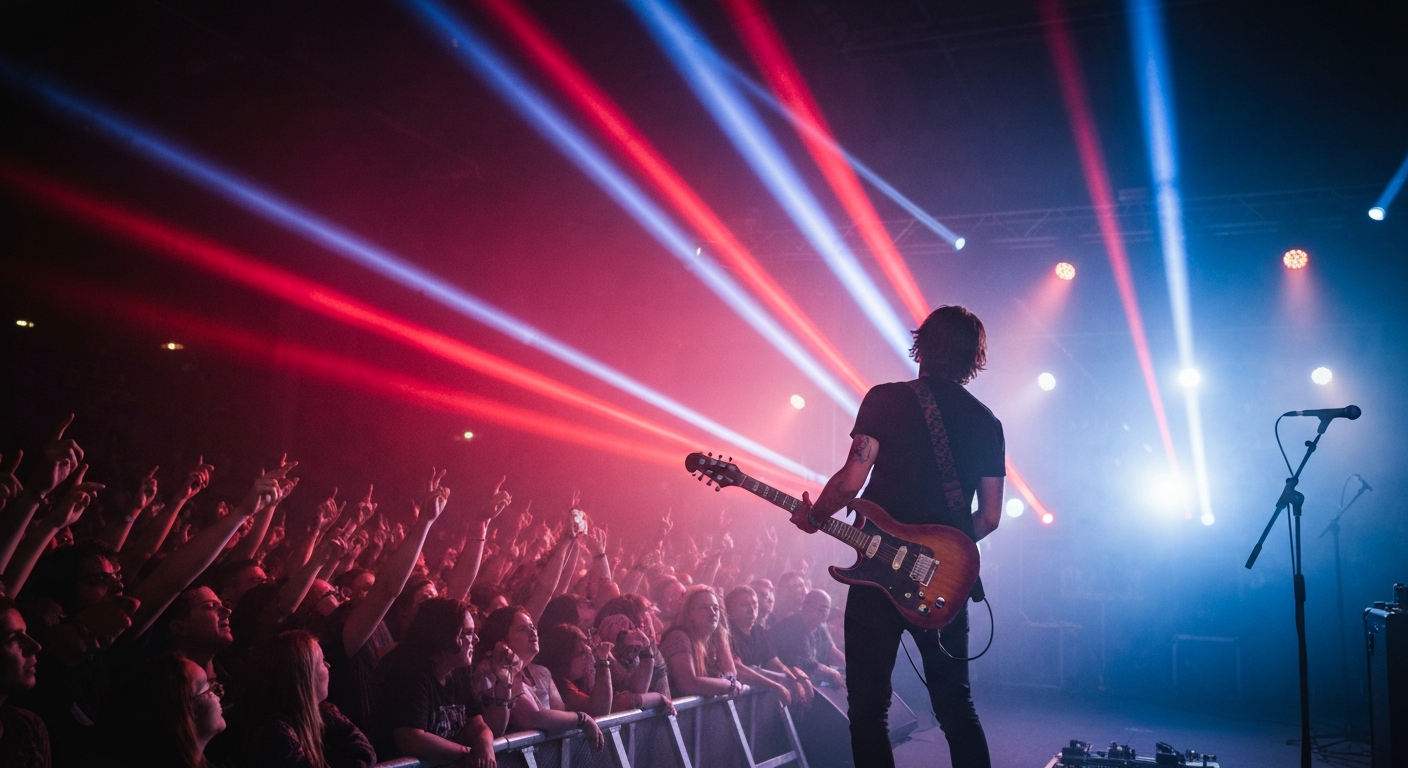
Friday, May 22, 2026
20:00
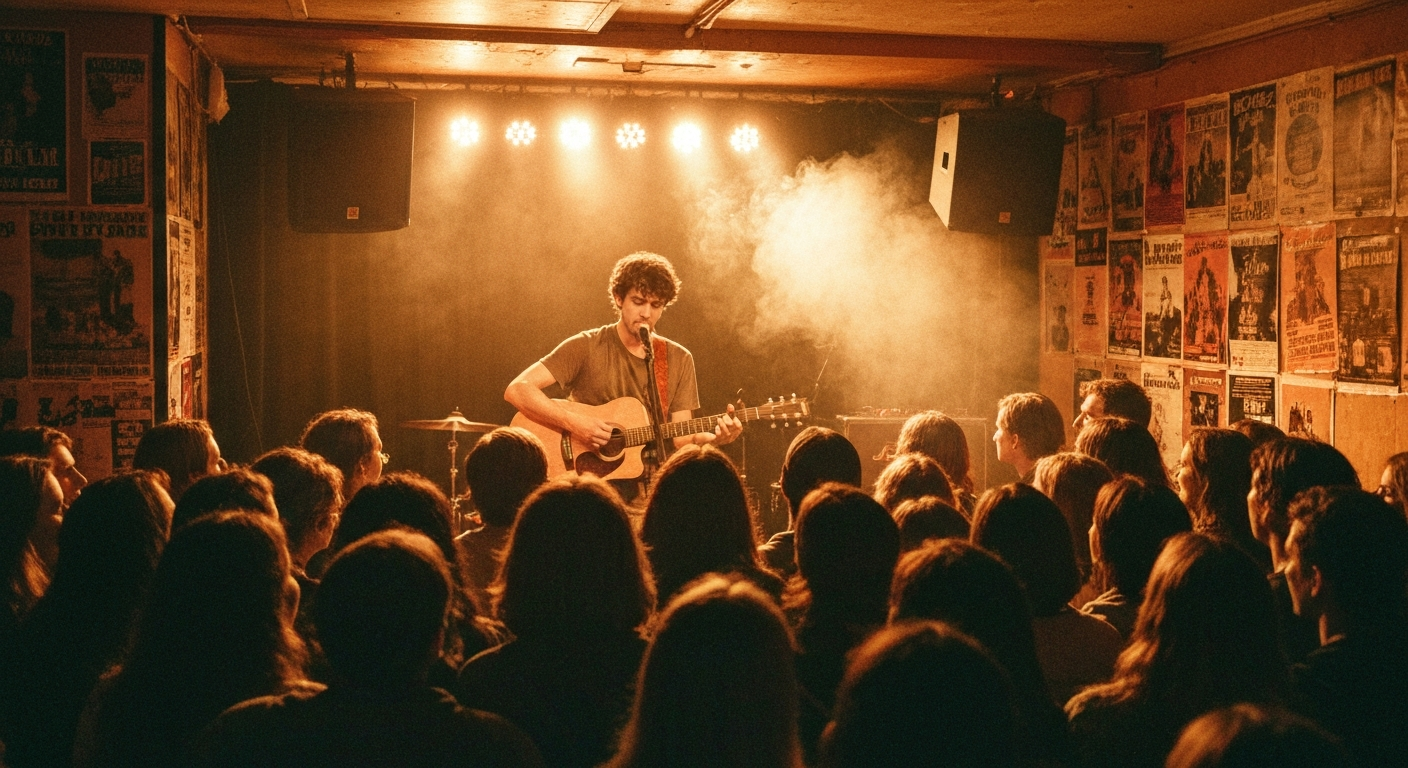
Thursday, Jun 25, 2026
20:00